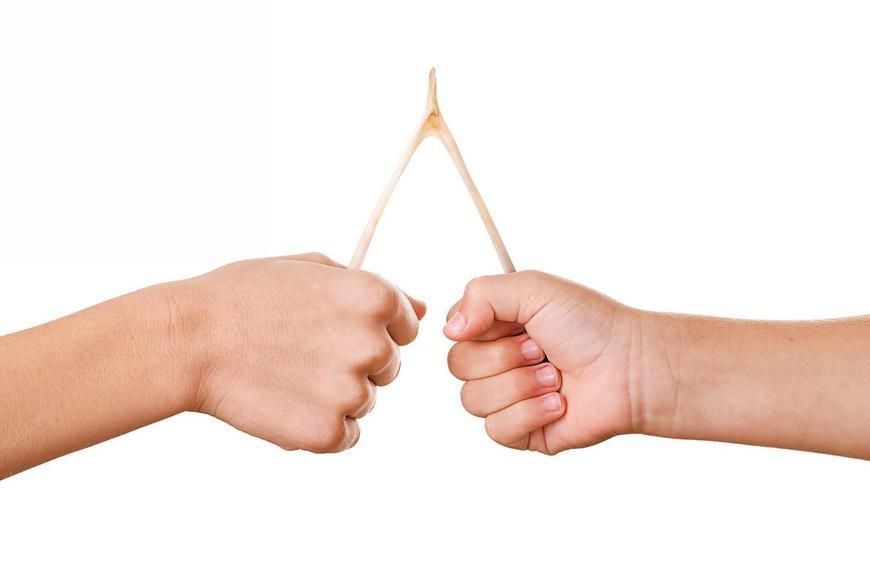The news these days is full of stories that reflect the clash of value systems as much as anything. In most cases the parties involved believe, some fervently, that they are in the right and the other parties are wrong. They believe that they are right because they are looking at things from within their own value systems. Let me explain.
Let’s begin by defining the term value system –
value-system
Noun
(plural value systems)
1. A hierarchy of values that all moral agents possess, demonstrated by their choices. Most people’s value systems differ, making the imposition of a singular value system by the state a source of constant social warfare. This is an individualistic concept. One’s value system is molded by one’s virtues or vices.
2. A person’s standards and self-discipline set, based on the common sense and wisdom of knowing what the proper moral rules and discipline are, and the amount of willingness to see themselves and others abide by them.

While a person’s value system is a very individual thing, the way that most people form their values is strongly influenced by the external factors that surround them where they live. Thus, ones values are often regional in nature. You can see this, if you look, when you travel from region to region in the United States or if you get the opportunity to travel or live in a foreign country. Not only is the language (or dialect) different from place to place, but many of the core “values” that impact how people act and interact may be dramatically different. It is more common, in the casual interactions that may occur, to notice the speech differences than to see the value difference.

One would almost have to be blind not to notice the difference in how people from various ethnic backgrounds and races interact in Canada, verses in the US. Based upon my admittedly limited travel experiences in Canada, there just seems to be more of a natural acceptance of people without any of the fears or prejudices that are prevalent in the U.S. jumping in the way before you’ve even had the chance to interact with them. That starting point provides the base for a much more civil and satisfying interactions.
Differences in religion and the role and importance of religion in the lives of people can have a major impact on their value systems. Although the United States has tried to maintain a secular governmental environment, a number of the most basic elements of our country’s collective value system and even our laws were based upon Christian values of right and wrong that the founders had when they declared independence from England. That is not the case in other countries, although religion does pay a major role in the value systems of many countries, especially those in which the population is primarily Islamic.
I had the opportunity to live for a couple of years in Iran in the Middle East, prior to the Islamic Revolution. During that time, I got to know a few Iranians fairly well and was at least exposed to some of the influence of their Islamic religion. Religion plays a huge role in forming the values systems of the people in that country and in the region in general. I got an interesting and first-hand insight into how a value system that is based upon a completely different set of religious principals works. It is not something that can be easily understood, when viewed from the perspective of a base of Christian values; but, it drives the day-to-day behavior of believers in Islam as certainly as the values and beliefs of Christians drives their behavior.

So, we all live in our own little value systems and view the rest of the world through lens that are tinted by those values. That value system also defines the boundaries or limits of our world – – the places where we now stop or pull back because we are afraid to go beyond those points. Those boundaries are often marked by confusion, fear, loathing or hate. They define our pre-conceptions and prejudices. They are things that we don’t do, or people that we don’t interact with or places that we don’t go, because… There is seldom anything real after the “because” and that is because we don’t really have a reason for those reactions. They are just part of the value system that we have accepted for ourselves – the little bubble that we live in.

If we are conscious of the fact that our actions and reactions are driven by our own value system, we can begin to change that value system by pushing beyond the boundaries that currently define our comfort zone. We can try new things, meet new people and form new opinions, based upon actual experiences and not limit ourselves to doing what our old value system defined as proper. The challenge then is to think outside of the bubble that your value system has defined for you, to go beyond your comfort zone and push the boundaries of your value system. Find out for yourself. You may find that “those kinds of people”, which your old value system labeled as dangerous and to be avoided, are actually quite interesting and fun to be around. You could discover that adventuring into places where “we don’t go” or doing “things that we don’t do” because of your old value system are actually quite fun and add to your knowledge base.

I am not espousing that you abandon all of your values; just that you continue to question any that may serve mainly to keep you from trying new things. Question your current fears, try to recognize your prejudices and be brave enough to push beyond the current limits of the bubble that you have built for yourself and experience new things, new places, new people. I think you will find the feelings of discomfort or fear are soon replaced by the delight found in experiencing rather than fearing, meeting rather than avoiding or seeing new places rather than being trapped in the same old ruts.
Have a great day pushing out the boundaries of your value system. Burst your own bubble and go beyond.



 Posted by Norm Werner
Posted by Norm Werner 












 have discovered later in life that there are two different interpretations of who wins when the wishbone breaks. At our house, it was the short piece that the rules declared was the winner and the loser could hang their piece on a doorknob. In other houses it was apparently the longer piece that won.
have discovered later in life that there are two different interpretations of who wins when the wishbone breaks. At our house, it was the short piece that the rules declared was the winner and the loser could hang their piece on a doorknob. In other houses it was apparently the longer piece that won. house. In the summer months, a watermelon often served as dessert and we had fun spitting seeds to see who could launch them the furthest. The fall usually meant pumpkin pies and the occasional mincemeat pie or a shoofly pie (my dad was Pennsylvania Dutch, so that was a favorite of his). If all else failed, mom would just shift the canned fruit salad from the salad course to the dessert course.
house. In the summer months, a watermelon often served as dessert and we had fun spitting seeds to see who could launch them the furthest. The fall usually meant pumpkin pies and the occasional mincemeat pie or a shoofly pie (my dad was Pennsylvania Dutch, so that was a favorite of his). If all else failed, mom would just shift the canned fruit salad from the salad course to the dessert course. mom)? Can you remember back before pizzas were available everywhere? What was your favorite “take out” family meal back then? Do you recall what it was like for the whole family to gather for dinner and not have a TV going or everyone looking at their phones?
mom)? Can you remember back before pizzas were available everywhere? What was your favorite “take out” family meal back then? Do you recall what it was like for the whole family to gather for dinner and not have a TV going or everyone looking at their phones?